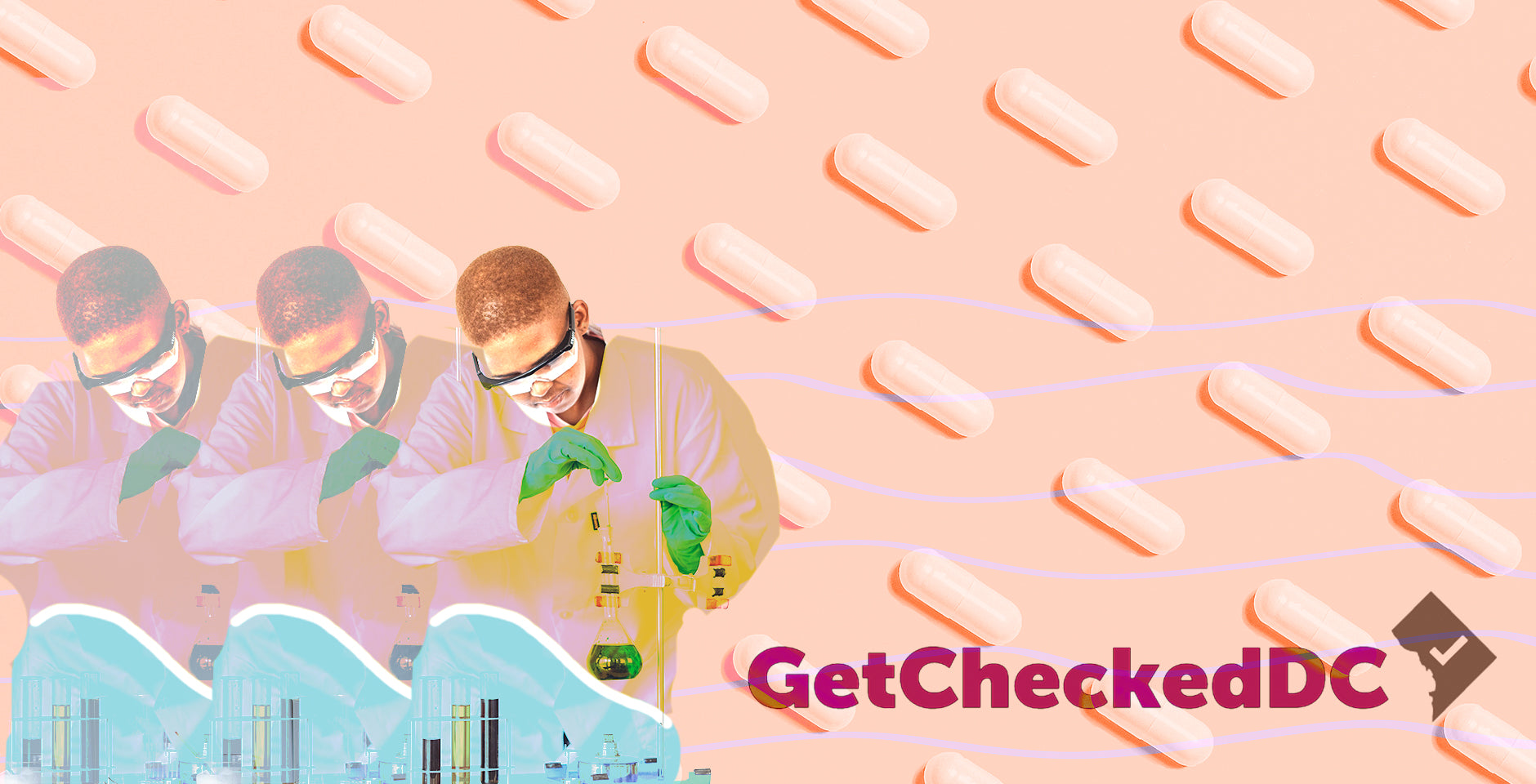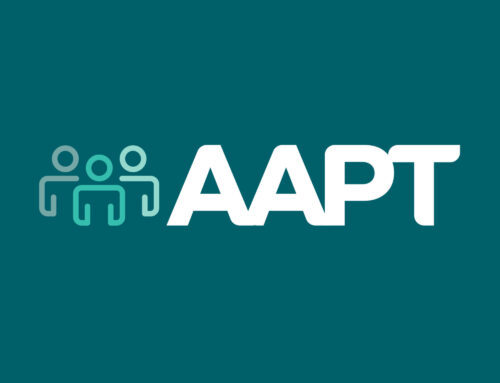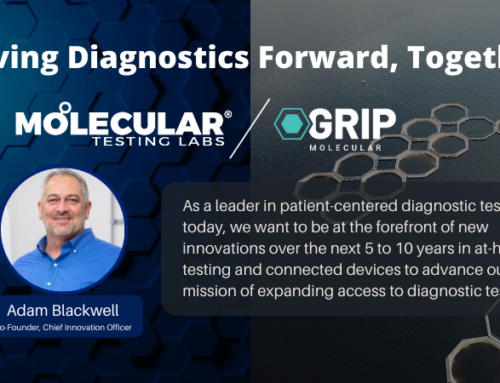
Washington DC DOH selects Molecular Testing Labs for their upcoming self-testing STI program
Share:
Washington DC continues to battle some of the highest sexually transmitted infection rates in the country, regularly leading the country in gonorrhea and chlamydia rates. In a continued effort to reach and screen more patients, the DC Department of Health launched a website for residents to request a free home rapid HIV test on June 27th.
GetCheckedDC.org
At least 10% of patients that contract HIV had previously tested positive for a treatable sexually transmitted infection, like chlamydia or gonorrhea. To expand testing services on GetCheckedDC.org, as well as identify patients at increased risk of HIV, the DC Department of Health chose Molecular Testing Labs to provide both logistics and diagnostics for multi-site chlamydia and gonorrhea testing.
Residents of Washington DC can discreetly request a self-collection kit for any of three sites (oral, genital, and rectal) to be mailed to the address of their choosing. Molecular will package the necessary collection devices, collection instructions, return shipping material, and mail it directly to patients. Once samples are received and reported, the DC DOH is able to report results to patients and schedule any treatment or interventions that might be appropriate and beneficial.
Public health departments have long been the backbone of testing for sexually transmitted infections; however, availability of testing has often relied on physical clinics. While these clinics are essential, they aren’t always easy for patients to reach during operating hours and can be anxiety-inducing for patients’ visits. Brick and mortar testing clinics can serve as important fixtures for the communities around them, but they aren’t always enough.
GetCheckedDC is part of a growing trend for cities and states to supplement the availability of sexual health screening, beyond the four walls of their clinics. Whether that’s through mobile clinics that can relocate to areas of high need or through self-collection programs, Departments of Health are exploring all options to reduce the spread of infections. Molecular continues to focus on these non-traditional settings, empowering our top minds in public health to reach more and more patients.
We are proud to partner with public health officials and departments in an effort to address the alarming rise of sexually transmitted infections. Our investments in the science of self-collected diagnostics have created a set of tools that allow the brilliant, dedicated minds in public health to continually impact their communities. We look forward to supporting the amazing programs Washington DC and other health departments build.




